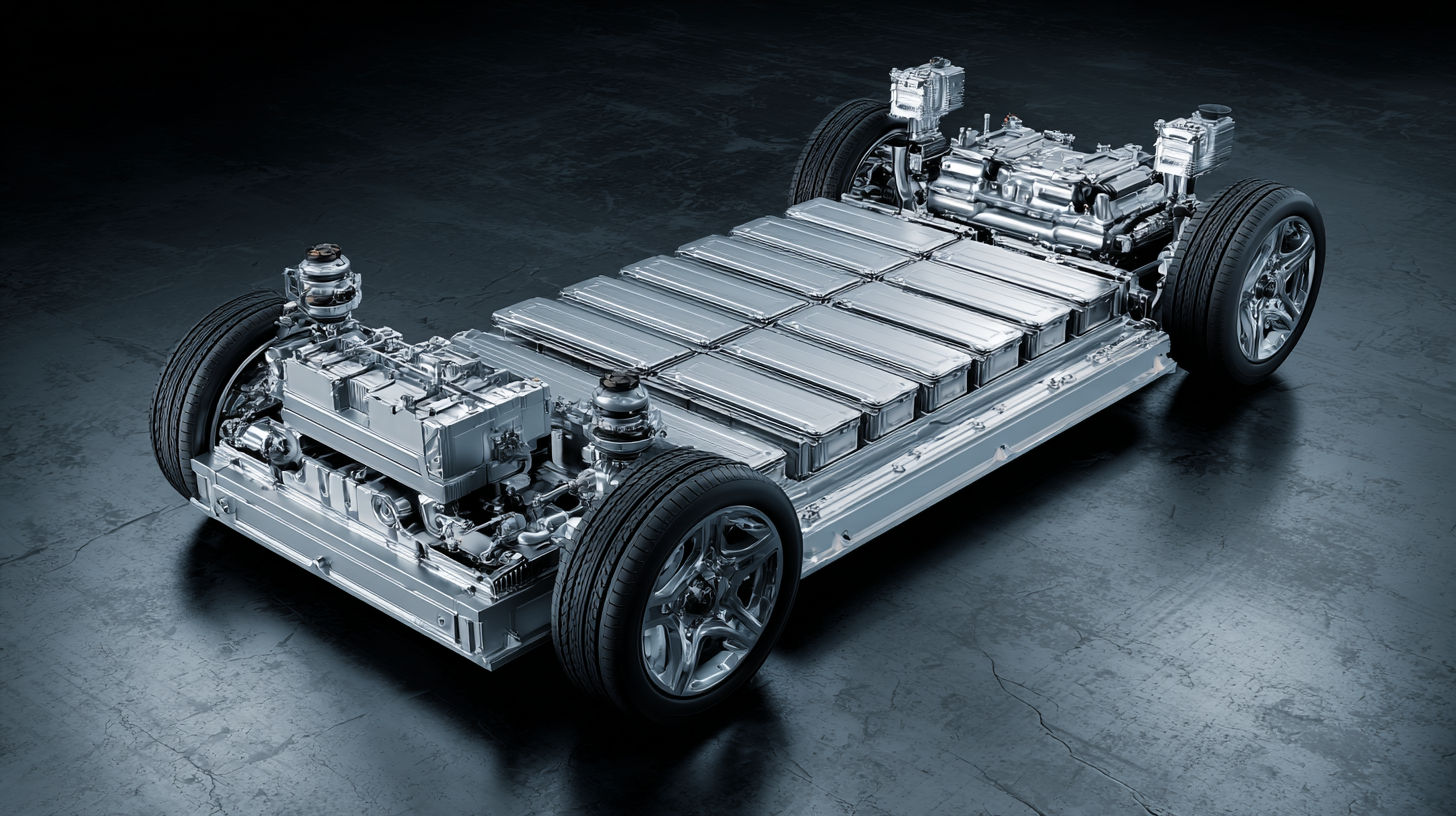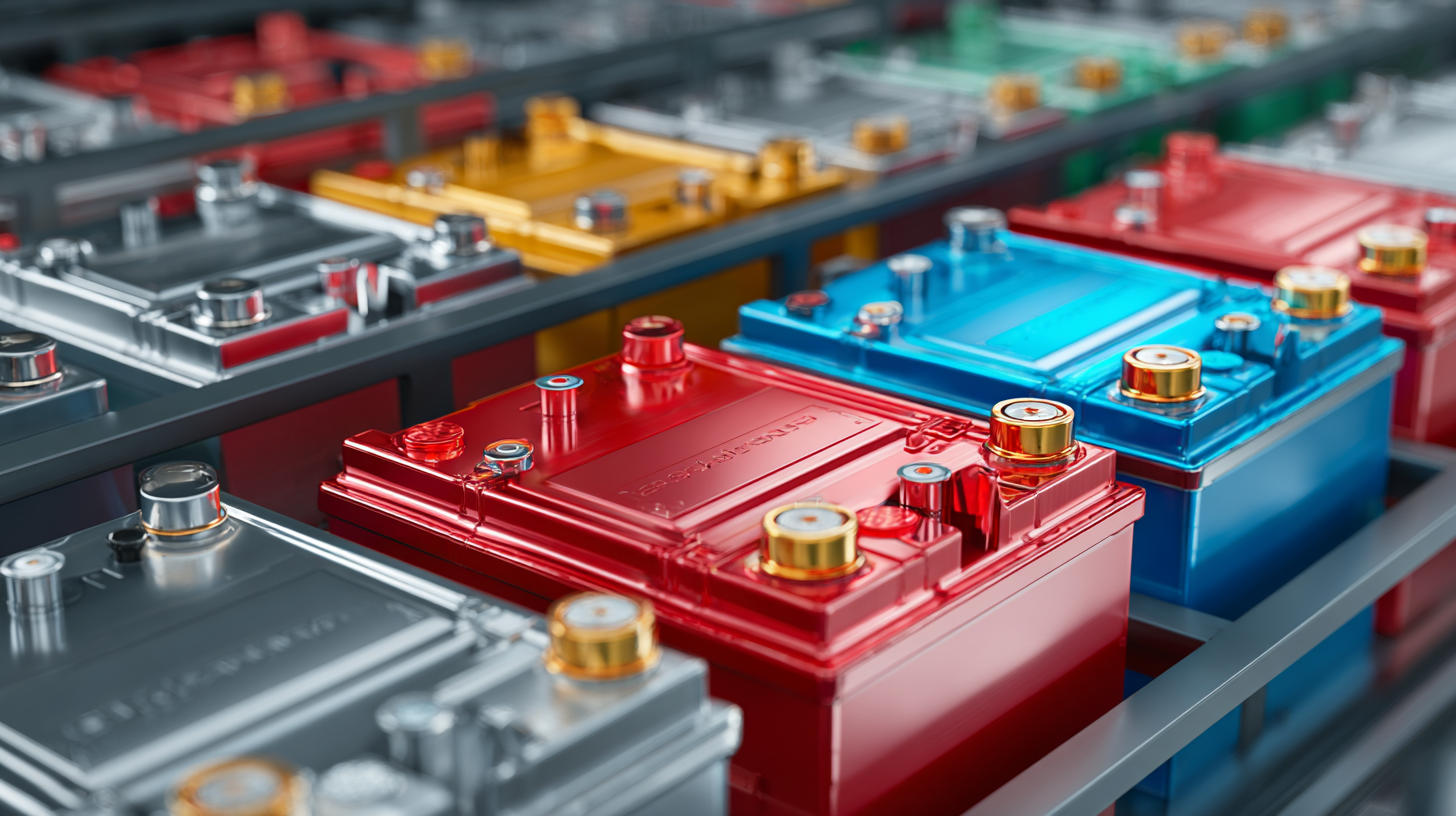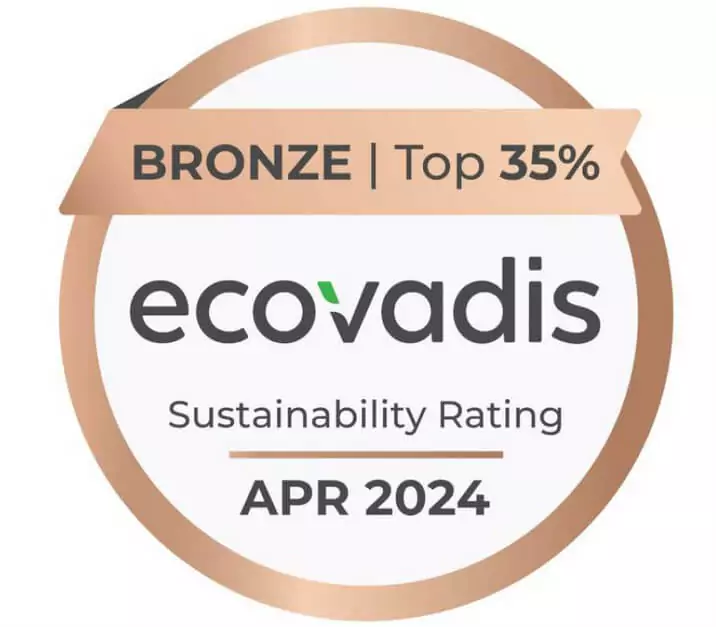What Makes Lithium Car Batteries the Future of Sustainable Energy
The automotive industry is undergoing a significant transformation as the world pivots towards sustainable energy solutions, with lithium car batteries emerging as a cornerstone of this revolution. According to a report by the International Energy Agency (IEA), electric vehicle (EV) sales surged by 40% in 2020 alone, highlighting an increasing reliance on lithium-ion technology for energy storage. This remarkable growth has been driven by the battery's impressive energy density, longevity, and efficiency, positioning lithium car batteries as not just a trend, but a key player in our transition to a greener future. Furthermore, industry analysts project that the global lithium-ion battery market will reach $100 billion by 2025, fueled by the escalating demand for electric vehicles and renewable energy systems. As we delve deeper into the innovations and benefits of lithium car batteries, we can better understand their pivotal role in creating a sustainable energy landscape.

Understanding the Rise of Lithium-ion Batteries in the Automotive Industry
The automotive industry is witnessing a transformative shift towards electrification, with lithium-ion batteries at the forefront of this revolution. As vehicle manufacturers increasingly commit to sustainable practices, the rise of lithium-ion technology has emerged as a game-changer. These batteries are not only lightweight and efficient but also offer higher energy density compared to traditional lead-acid options, making them ideal for electric vehicles (EVs). This efficiency translates to longer ranges and improved performance, addressing the primary concerns of potential EV buyers.
Moreover, the ongoing advancements in lithium-ion battery technology continue to bolster their appeal. Innovations such as solid-state batteries are on the horizon, promising even greater safety and energy outputs. Additionally, as the demand for electric vehicles grows, battery recycling and second-life applications are becoming more prevalent, highlighting a commitment to sustainability throughout the entire lifecycle of the product. This alignment with eco-friendly practices positions lithium-ion batteries as not just a temporary solution, but as a cornerstone of the automotive industry's future, ensuring a cleaner planet for generations to come.
Evaluating the Environmental Impact: Lithium Batteries vs. Traditional Energy Sources
As the world pivots towards sustainable energy,
lithium-ion batteries are emerging as a crucial component, particularly in the
electric vehicle (EV) market. The environmental
impact of lithium batteries, when compared to traditional energy sources, highlights
their potential for lower carbon emissions. In 2022, the US lithium-ion battery
recycling market reached a value of $69.52 million,
with a substantial compound annual growth rate forecasted at 19.11%.
This growth not only underscores the demand for lithium batteries but
also reflects a burgeoning awareness around sustainable practices in the automotive sector.

The management and recycling of retired lithium-ion batteries
is becoming an essential aspect of the sustainable energy landscape. Effective strategies
for repurposing and recycling these batteries can mitigate environmental hazards,
such as pollution and resource wastage. Recent advancements in battery recovery
processes, showcased by comprehensive projects like those in Shandong, demonstrate
a commitment to developing infrastructure that supports sustainability. With such
initiatives, we not only address waste management challenges but also create
economic opportunities in a sector poised for significant growth.
As government policies and technological innovations evolve, the lithium battery market
appears robust, promising a cleaner and more efficient energy future.
Key Technical Innovations Driving Lithium Battery Efficiency and Sustainability
In the realm of sustainable energy, lithium car batteries have emerged as a cornerstone technology, propelled by various key technical innovations aimed at enhancing both efficiency and sustainability. Recent advancements in lithium-ion battery materials, particularly in electrode and electrolyte compositions, are significantly improving energy density and performance. These innovations not only extend the lifespan of batteries but also reduce the environmental impact associated with battery production and disposal. As the global demand for electric vehicles (EVs) surges, these enhanced battery technologies are crucial for meeting road freight emissions reduction targets.
Moreover, the recycling of lithium batteries is gaining momentum as a pivotal aspect of the battery lifecycle. By developing efficient recycling processes, the industry is not only minimizing waste but also conserving vital metals necessary for battery production. This circular economy approach ensures that valuable materials are reused, thereby supporting a sustainable future. Additionally, new companies are stepping onto the scene with innovative solutions that simplify energy storage and address the challenges of integrating renewable energy sources. These innovations collectively represent a bright future for lithium batteries, underpinning the transition to zero-emission transportation and a greener planet.
Key Technical Innovations in Lithium Battery Efficiency and Sustainability
Market Trends: Lithium Battery Adoption Rates and Future Projections by 2030
The adoption rates of lithium batteries are projected to surge dramatically by 2030, reflecting a significant shift in the automotive and energy sectors towards sustainable practices. According to a report by Allied Market Research, the lithium-ion battery market is expected to grow from $44 billion in 2020 to over $100 billion by 2027, with electric vehicles (EVs) being a primary driver of this growth. Between 2021 and 2030, it's estimated that the adoption of lithium battery technology in EVs will increase by 30% annually, with a projected 30 million electric cars on the road by the end of the decade. This trend underscores the vital role lithium batteries play in reducing carbon emissions and supporting renewable energy.
Tip: As consumers become more eco-conscious, investing in electric vehicles equipped with lithium batteries can offer not just environmental benefits, but also cost savings in terms of fuel and maintenance in the long run.
Furthermore, advancements in battery technology are leading to longer lifespan and improved efficiency, making lithium batteries an even more appealing choice. The International Energy Agency (IEA) predicts that by 2030, half of all new car sales will be electric. This transition will not only contribute to cleaner air and a reduction in greenhouse gas emissions but also strengthen energy security as countries look to diversify their energy sources.
Tip: Keep an eye on market developments and consider electric vehicles as viable options; many governments are also providing incentives to encourage this shift, making it an excellent time for consumers to invest in sustainable energy solutions.
What Makes Lithium Car Batteries the Future of Sustainable Energy - Market Trends
| Year |
Global Lithium Battery Market Size (Billion USD) |
Projected Adoption Rate (%) |
Electric Vehicle Sales (Million Units) |
Total Battery Capacity (GWh) |
| 2023 |
40.0 |
9% |
5.0 |
400 |
| 2025 |
75.0 |
15% |
10.0 |
800 |
| 2027 |
110.0 |
25% |
15.0 |
1,200 |
| 2030 |
150.0 |
40% |
25.0 |
1,800 |
Battery Recycling and Second-life Applications: Ensuring Sustainable Lithium Use
The shift towards sustainable energy is significantly bolstered by advancements in lithium battery technology, particularly concerning battery recycling and second-life applications. As electric vehicles (EVs) proliferate, the challenge of managing lithium-ion batteries post-use becomes increasingly critical. The key lies in developing efficient recycling processes that can reclaim valuable materials like lithium, cobalt, and nickel. These processes not only reduce the demand for newly mined resources but also minimize environmental pollution, ensuring that the lifecycle of these batteries is as sustainable as possible.
 Moreover, second-life applications for lithium batteries present an innovative solution to extend their utility beyond initial use in EVs. After their performance in powering cars diminishes, these batteries can still provide significant energy storage capabilities in stationary energy systems, such as home solar power setups or grid storage solutions. By repurposing spent batteries for these applications, we can maximally enhance resource efficiency and reduce waste. This approach not only contributes to a circular economy but also supports the ongoing transition towards renewable energy, positioning lithium batteries as a cornerstone of sustainable energy systems in the future.
Moreover, second-life applications for lithium batteries present an innovative solution to extend their utility beyond initial use in EVs. After their performance in powering cars diminishes, these batteries can still provide significant energy storage capabilities in stationary energy systems, such as home solar power setups or grid storage solutions. By repurposing spent batteries for these applications, we can maximally enhance resource efficiency and reduce waste. This approach not only contributes to a circular economy but also supports the ongoing transition towards renewable energy, positioning lithium batteries as a cornerstone of sustainable energy systems in the future.




 Moreover,
Moreover, 
